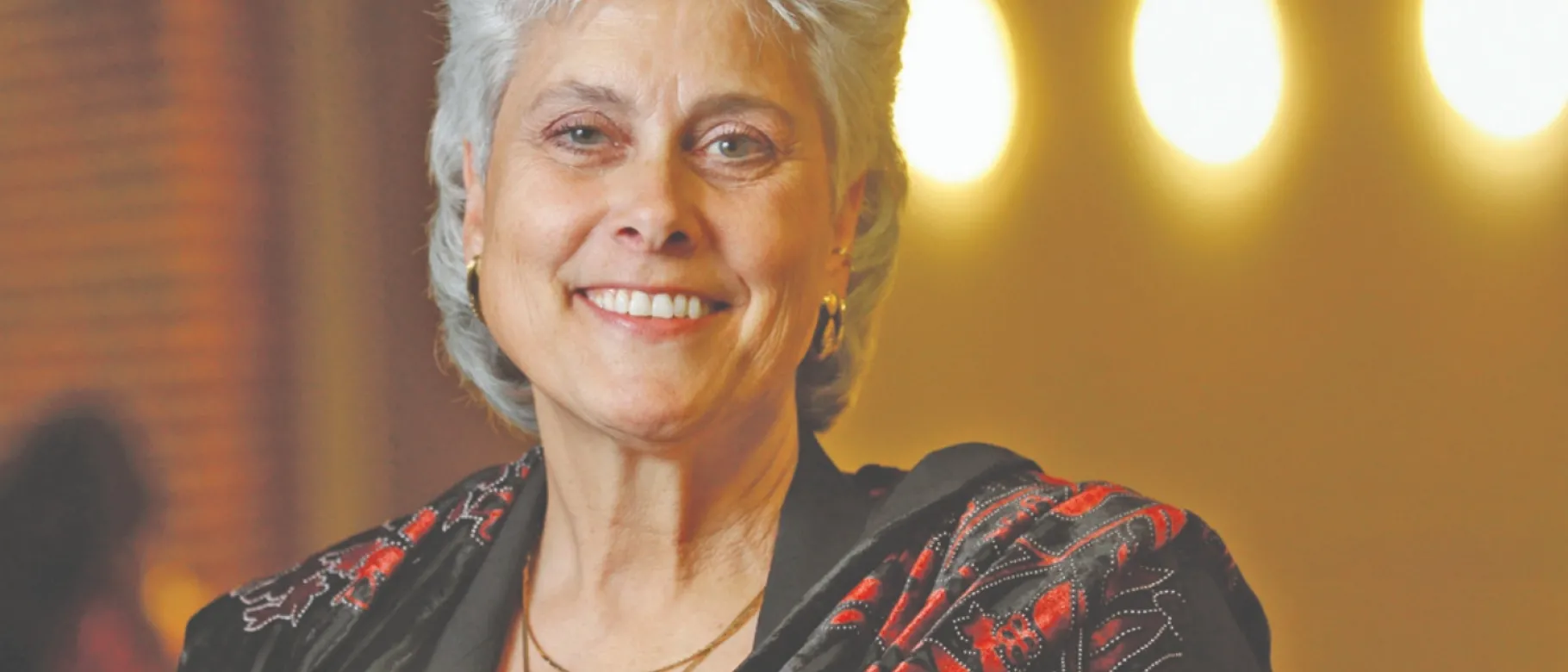Marilyn Gugliucci discusses the impact of confinement in long-term care facilities with the Portland Press Herald

Nursing homes and assisted-living facilities across the state have heightened efforts to stave off COVID-19 outbreaks. Five long-term care facilities in Maine have reported dozens of cases among residents and employees.
Older adults with underlying health issues are considered especially vulnerable to the virus. Forty-five % of the confirmed cases in Maine have been among people age 60 and older.
Marilyn R. Gugliucci, M.A., Ph.D., professor and director of Geriatrics Research within the University of New England College of Osteopathic Medicine (UNE COM), tells the Portland Press Herald that efforts to protect older adults from COVID-19 can have downsides.
Limited contact with family members and friends and lack of physical activity can cause or worsen health issues.
“If people aren’t moving and connecting with others, the physical and mental effects could be detrimental,” Gugliucci told the Press Herald.
Gugliucci says removing loved ones from a facility is not the answer.
“On the stress scale, moving is right up there at any age, right after dealing with the death of a spouse,” she said. “Pulling them out of that environment is going to put them at greater risk. You may think you’re doing what’s best for them, but it’s generally not in their best interests.”
Gugliucci said most nursing homes and assisted-living facilities are mindful of their residents’ physical and mental well-being, and many are doing what they can to maintain social connections and activities through staff members and online efforts.